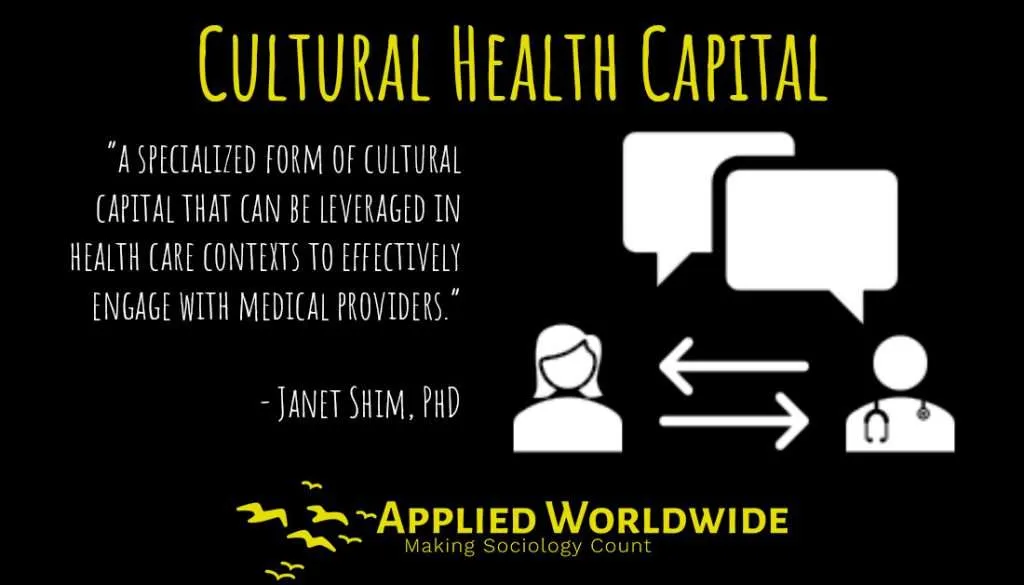For my dissertation, I am studying provider-patient interactions and medical decision-making in pelvic pain patient care. When I began conducting my research, I wanted to make sure that the everyday significance of my research was not lost in “sociological complexity.” I have used multiple methods to ensure my findings are accessible and relatable to the many women for whom pelvic pain is an everyday struggle and not simply a theoretical mechanism in a sociology article. For instance, I manage The Pelvic Pain Project Twitter handle (@PelvicPainPRJCT) where I share meaningful quotes from my interviews with pelvic pain patients.
My concern for conducting publicly accessible research is why I was excited that I was invited to join my friend and colleague, Abigail Nawrocki, on their podcast Well, Thats a Problem. Dr. Nawrocki started the podcast to discuss everyday issues from a social justice perspective, creating a perfect partnership as I conduct research about pelvic pain using social justice concepts such as intersectionality and institutionalized racism, sexism, and classism.
One sociological concept that comes up in the podcast episode is cultural health capital (CHC). This concept, coined by sociologist Janet Shim, describes a specialized form of cultural capital that is beneficial to patients in healthcare settings. Shim talks about CHC as a collection of patient characteristics that includes cognitive, behavioral, social, and cultural tools that allow patients to effectively communicate with healthcare providers. Anything from having “knowledge of medical topics and vocabulary,” to having “the ability to communicate social privilege” can benefit patients with access to such tools in tremendous ways.

It was a great experience to challenge myself to speak about my sociologically complex research in a publicly accessible way, and I will definitely be pursuing similar opportunities in the future as I continue my agenda. If you want to learn more about pelvic pain care, the social problems surrounding it, and the real world implications for providers and patients with pelvic pain, head to Spotify to check out the episode!







